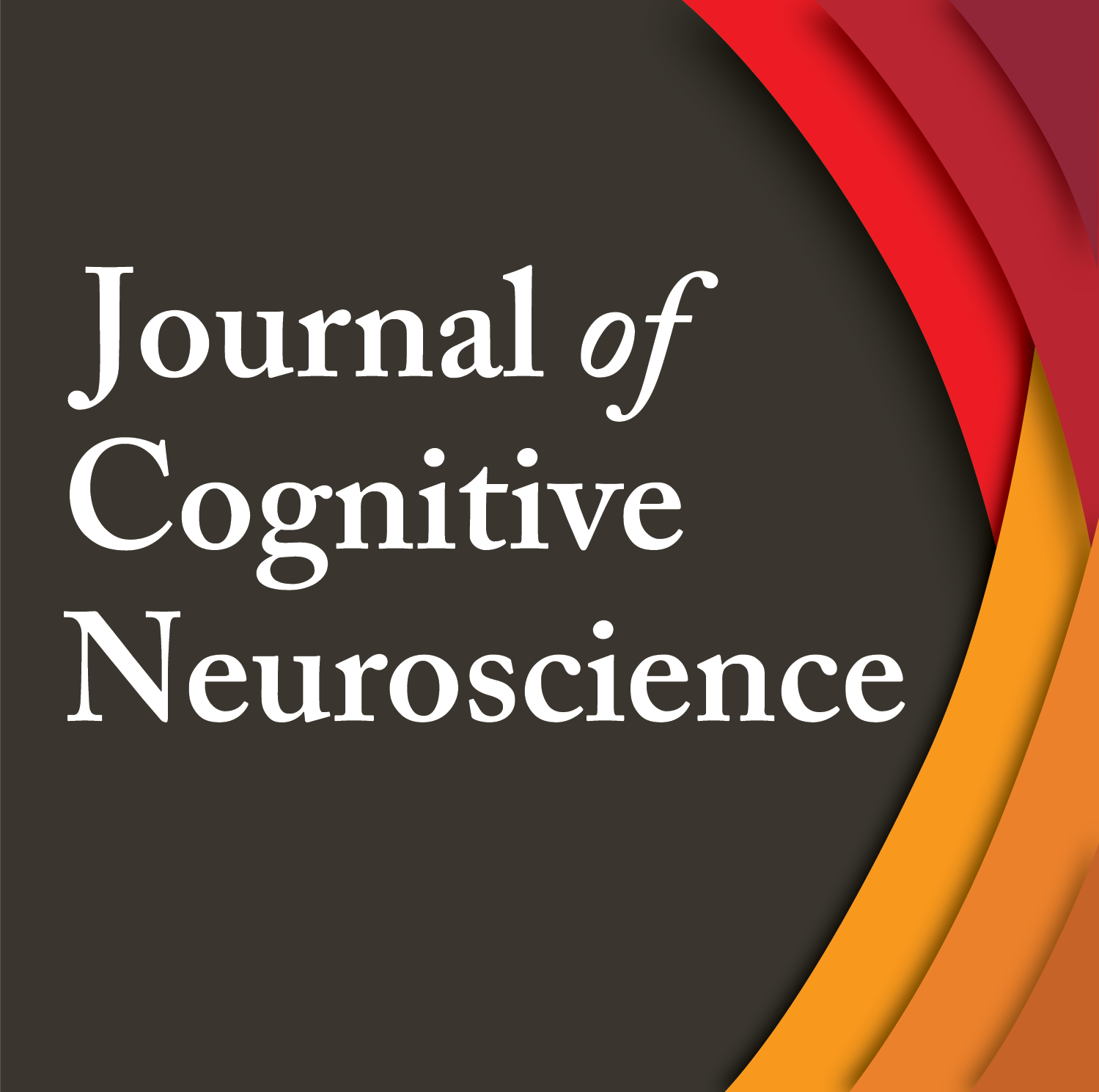Abstract
Adults have difficulty discriminating nonnative phonetic contrasts, but under certain circumstances training can lead to improvement in this ability. Despite the ubiquitous use of performance feedback in training paradigms in this and many other domains, the mechanisms by which feedback affects learning are not well understood. In this event-related functional magnetic resonance imaging study, we examined how performance feedback is processed during perceptual learning. Thirteen Japanese speakers for whom the English phonemes [r] and [l] were nondistinct performed an identification task of the words “road” and “load” that has been shown to be effective in inducing learning only when performance feedback is present. Each subject performed alternating runs of training with and without feedback, followed by performance of a card-guessing task with monetary reward and punishment outcomes. We found that the caudate nucleus was more robustly activated bilaterally when performing the perceptual identification task with feedback than without feedback, and the right caudate nucleus also showed a differential response to positive and negative feedback. Moreover, using a within-subjects design, we found that the caudate nucleus also showed a similar activation pattern to monetary reward and punishment outcomes in the card-guessing task. These results demonstrate that the caudate responds to positive and negative feedback during learning in a manner analogous to its processing of extrinsic affective reinforcers and indicate that this region may be a critical moderator of the influence of feedback on learning. These findings impact our broader understanding of the mechanisms underlying nondeclarative learning and language acquisition.

